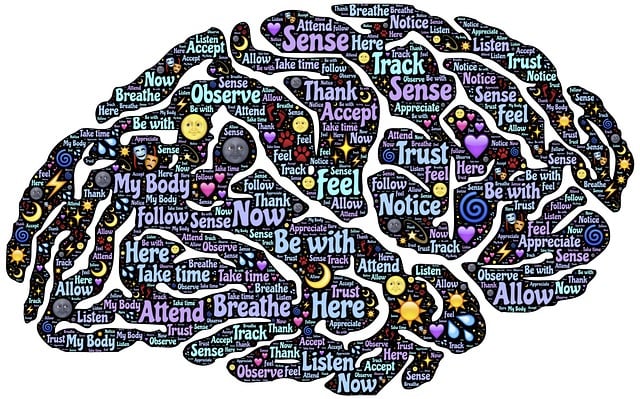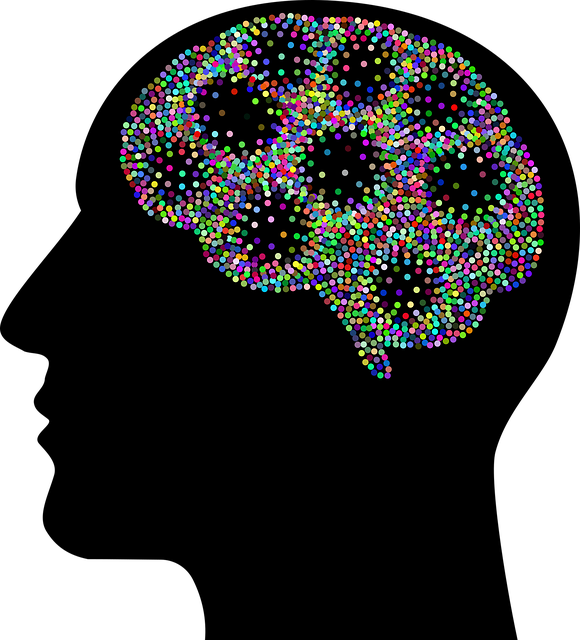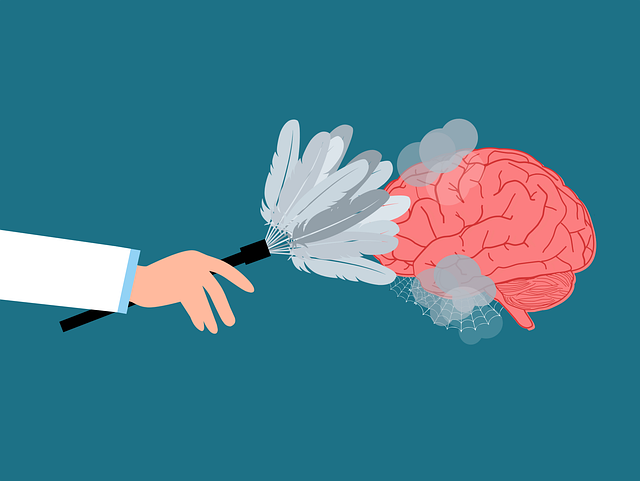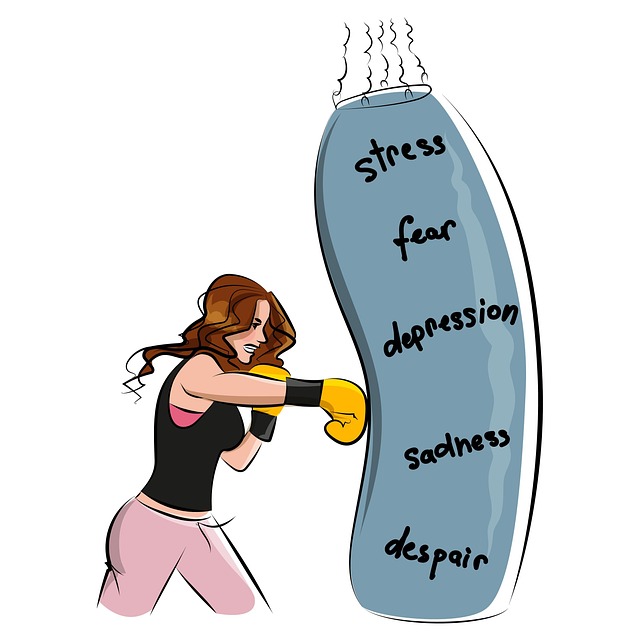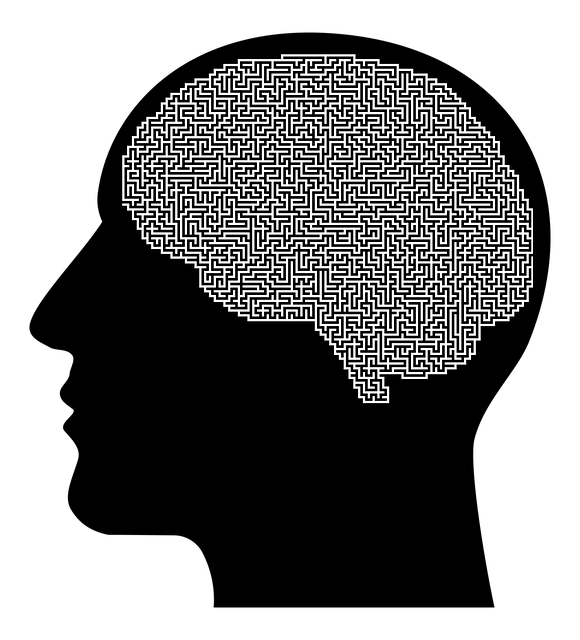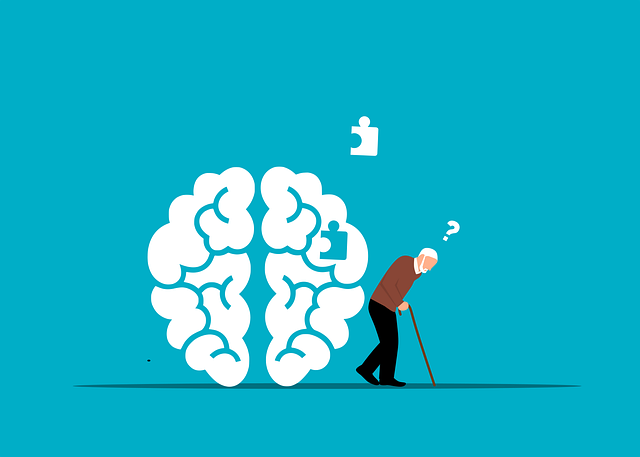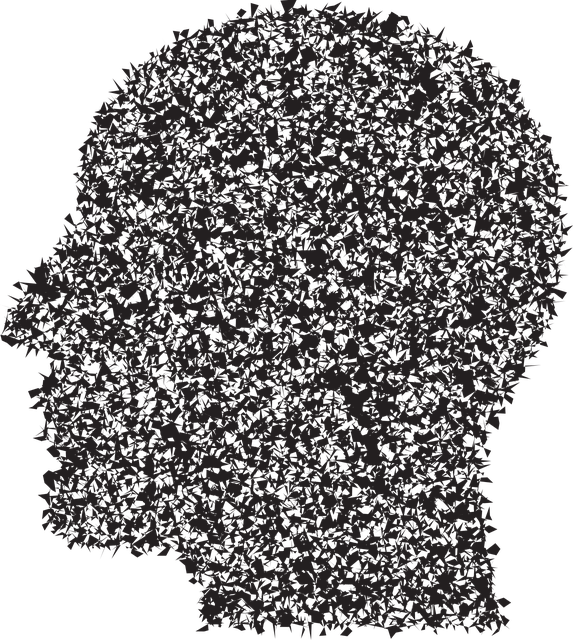Autism Spectrum Disorder (ASD) in young adults presents unique challenges that require tailored therapy interventions. Early diagnosis is crucial, enabling access to effective treatments like mindfulness meditation and mental wellness coaching. Stigma around mental health poses a significant barrier, emphasizing the need for increased awareness and education. Evidence-based therapies, including Applied Behavior Analysis (ABA), cognitive-behavioral therapy (CBT), emotional intelligence training, and mindfulness meditation, show positive outcomes in managing ASD symptoms and improving quality of life. Building robust support systems through social connections and specialized therapy empowers young adults with ASD to navigate mental health challenges effectively.
Mental illness diagnosis and treatment navigation can be challenging, especially for young adults on the Autism Spectrum Disorder (ASD) spectrum. This comprehensive guide explores ASD symptoms, diagnosis nuances, and strategies to overcome the stigma hindering treatment access. We delve into effective therapy approaches tailored for young adults with ASD and emphasize building robust support systems. By understanding these aspects, individuals can navigate their treatment journey with confidence, ultimately improving quality of life through appropriate care and tailored interventions, including therapy for young adults autism spectrum disorder.
- Understanding Autism Spectrum Disorder (ASD): Symptoms and Diagnosis
- The Stigma Surrounding Mental Health: Overcoming Barriers to Treatment
- Navigating Treatment Options for Young Adults with ASD
- Therapy Approaches: Effective Strategies for Managing ASD Symptoms
- Building Support Systems: A Comprehensive Guide for Young Adult Patients
Understanding Autism Spectrum Disorder (ASD): Symptoms and Diagnosis

Autism Spectrum Disorder (ASD) is a complex neurodevelopmental condition that affects individuals in diverse ways. Recognizing its symptoms is crucial for accurate diagnosis, especially as many people on the spectrum may experience challenges with social communication and interaction. ASD manifestations can range from subtle differences in social behavior to more severe impairments in language and sensory processing.
Diagnosis typically involves comprehensive evaluations by healthcare professionals, including psychiatrists, psychologists, and neurologists. These assessments may include behavioral observations, structured interviews, and standardized tests tailored to identify the unique strengths and challenges of each individual with ASD. Early identification is essential, as timely therapy for young adults with ASD can facilitate inner strength development and improve their overall mental wellness. Effective interventions, such as mindfulness meditation and mental wellness coaching programs, have shown promise in enhancing coping strategies and promoting a sense of calm, fostering better management of symptoms and improved quality of life.
The Stigma Surrounding Mental Health: Overcoming Barriers to Treatment

The stigma surrounding mental health remains a significant barrier for many individuals seeking therapy, especially young adults on the autism spectrum. Social perceptions and misunderstandings about mental illness can lead to shame, fear, and avoidance of essential care. Many still view mental wellness as a sign of weakness or personal failure, which is simply not true. This outdated notion discourages folks from openly discussing their struggles and seeking professional help.
To overcome these barriers, it’s crucial to foster mental health awareness through education and open conversations. Encouraging young adults with autism spectrum disorder (ASD) to keep a mental wellness journal or engage in therapeutic exercises can be helpful guidance. By normalizing the idea of seeking therapy, we can create an environment where individuals feel empowered to manage their mood and overall well-being. This shift in perspective is vital for ensuring that those facing mental health challenges receive the necessary support and treatment they deserve.
Navigating Treatment Options for Young Adults with ASD

Navigating treatment options for young adults with Autism Spectrum Disorder (ASD) can be a complex task, often filled with uncertainty. As they transition from childhood support systems, finding effective therapy becomes paramount for their overall well-being and independent living. The spectrum of ASD presents unique challenges and strengths, necessitating tailored interventions. One promising approach is applying evidence-based therapeutic strategies designed specifically for young adults on the spectrum.
These may include social skills training, cognitive behavioral therapy (CBT), and applied behavior analysis (ABA) to address core symptoms while fostering self-care practices that can prevent or manage conditions like depression. Enhancing mental health awareness among this demographic is crucial, encouraging open conversations about their experiences and needs. By combining targeted therapies with supportive networks, young adults with ASD can learn coping mechanisms and build resilience, paving the way for a fulfilling life with improved quality of living.
Therapy Approaches: Effective Strategies for Managing ASD Symptoms

For young adults on the Autism Spectrum Disorder (ASD) spectrum, various therapy approaches have proven effective in managing symptoms and enhancing overall well-being. One prominent strategy is Applied Behavior Analysis (ABA), which focuses on modifying problematic behaviors and teaching new skills. This evidence-based method has shown remarkable results in improving social interactions, communication, and adaptive behaviors.
Additionally, incorporating techniques like emotional intelligence training and mindfulness meditation into therapy can significantly benefit ASD individuals. Emotional intelligence helps them recognize and manage their emotions, fostering better self-awareness and interpersonal relationships. Conflict resolution techniques are also valuable tools, teaching strategies to navigate social challenges and communicate effectively. Mindfulness meditation promotes focus and reduces anxiety, enabling individuals to develop coping mechanisms for stressful situations.
Building Support Systems: A Comprehensive Guide for Young Adult Patients

Building a robust support system is essential for young adult patients navigating mental illness, especially those on the Autism Spectrum Disorder (ASD) spectrum. This comprehensive guide highlights strategies to foster inner strength and enhance mental wellness. Encouraging social connections through support groups or community activities can help break down social barriers and improve communication skills. These interactions provide a safe space to learn from peers who share similar experiences, fostering a sense of belonging and reducing feelings of isolation.
Additionally, integrating therapy into their routines is vital for young adults with ASD. Therapies like cognitive-behavioral therapy (CBT) can empower patients to manage symptoms effectively. Social skills training specifically tailored to ASD needs can help improve interpersonal interactions and overall social functioning. By combining these approaches, young adult patients can develop essential coping mechanisms, build inner strength, and achieve better mental wellness outcomes.
Navigating the path to proper mental health care can be challenging, especially for young adults on the Autism Spectrum. By understanding the unique symptoms and diagnosis of ASD, we can dispel stigma and foster an environment where seeking treatment is encouraged. This article has explored various therapy approaches tailored to address ASD symptoms, as well as the importance of building robust support systems. For young adults with ASD, exploring these treatment options and accessing effective therapy for young adults autism spectrum disorder is crucial in managing their conditions and leading fulfilling lives.
